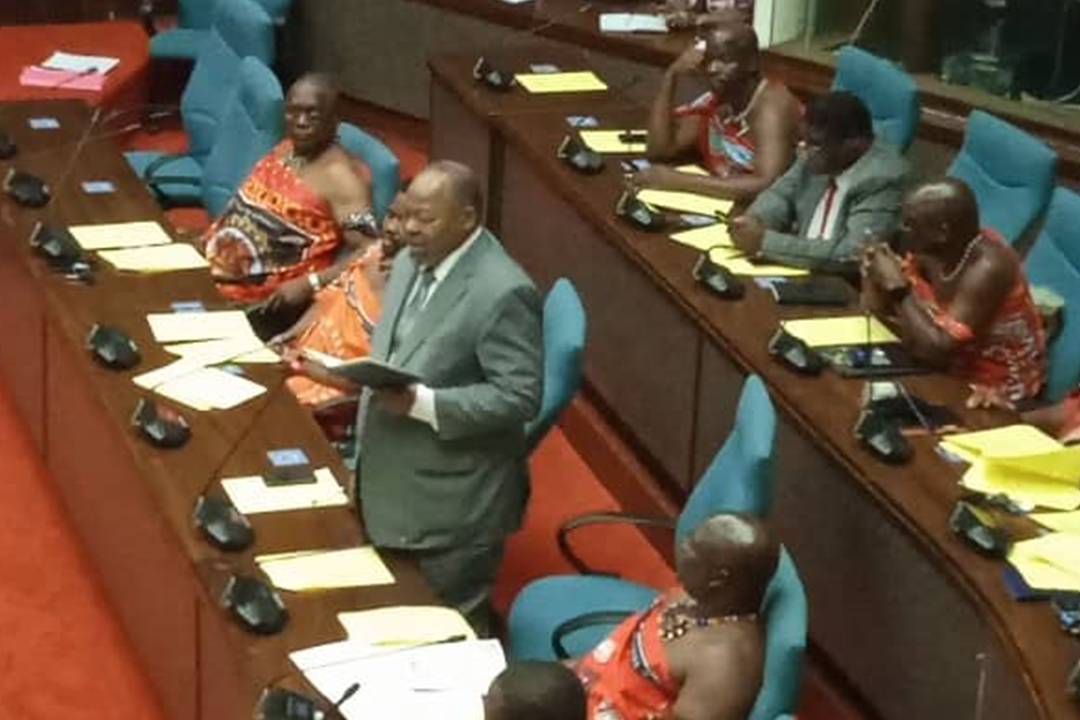BY MBONO MDLULI
MBABANE – Government has secured an amount of about E1.48 billion to enhance economic growth in the country.
The E1.48 billion comes from E600 million, which was secured from the European Union (EU) and US$47 million (about E888 956 980) secured from the United Nations Development Programme (UNDP). The funds are going to help put the Eswatini youth through school and further help them to start their income-generation projects once they had finished their training. Government continues to approach other institutions for possible funding.
This transpired on April 14, 2025 in the House of Assembly when Minister of Economic Planning and Development Dr Thambo Gina was explaining to the House what his Ministry was doing to enhance economic growth. Dr Gina was responding to a question raised by Ngudzeni Member of Parliament (MP) Charles Ndlovu, who wanted to know what the Ministry was doing to enhance economic growth.
MP Ndlovu was expressing a concern by MPs, who expressed worry about the stagnant economic growth. MPs such as Mbabane East MP Welcome Dlamini and Lobamba MP Micheal Masilela also debated on the matter, expressing their concerns similar to the ones mentioned by the Ngudzeni legislator. Ndlovu mentioned that the stagnant population growth in Eswatini could be the reason why the country was struggling in attracting foreign direct investment (FDI).
The minister agreed with the MPs when they expressed concerns about the stagnant population growth. When he started answering Ndlovu’s question, he did quote from the book of Genesis, where God instructed Adam and Eve to multiply and fill the earth with a human population. He further stated that Emaswati were now conscious not to give birth now and again, such that the population growth rate in Eswatini was now at 0.7%. The minister said an ideal population growth rate would be at 2.1%.
However, Minister Gina stated that it would not be good for the country to just produce people, without taking into consideration the fact that human being had to be taken care of. He said they had to be given healthy food, clothed well, taken to good schools to get quality education, given access to improved medical care, ensuring that there was employment so that they could be productive, ensure access to clean water, among other things that needed to be done.
That was when the minister started telling the MPs that the country had a high dependency rate. The people who were productive were too many than those that were not productive. They saw that the un-employability was also high and as Government, they had to do something about it. That was when they got the funding from EU to put the youth through TVET institutions such as the Siteki Industrial Training Centre (SITC), where they could take courses in plumbing, welding, upholstery and other courses.
He said after six months, they would finish the courses and most of them, up to now, were getting employed. Dr Gina also mentioned that some of the graduated youth would go around public insttutions to see how functional they were, with an intention of helping where they were supposed to help. He said the graduates would ensure they provided access to commodities such as water and electricity in those buildings.
Because of this, he said they approached the World Bank for concessional loans to ensure they implemented these programmes. The minister mentioned that these funds secured by Government were not supposed to go to Government coffers because there were concerns that the rate of utilization would be low.




